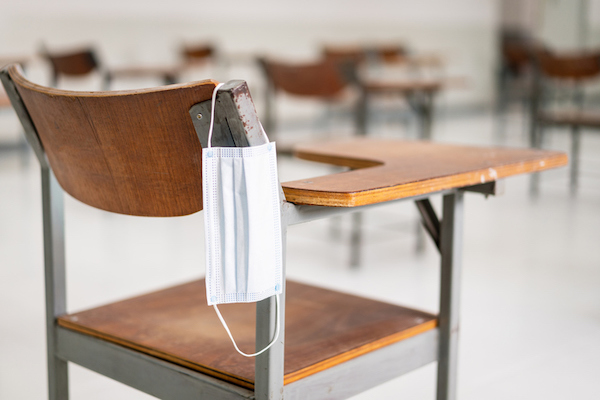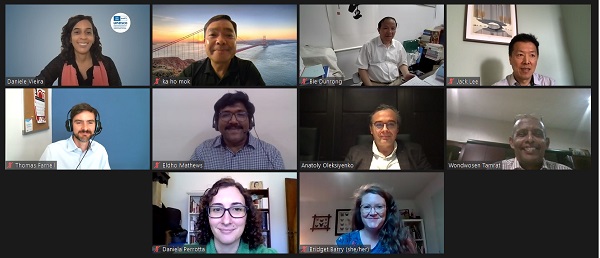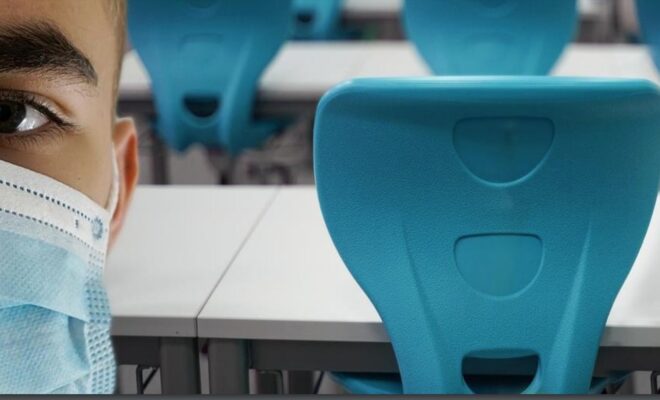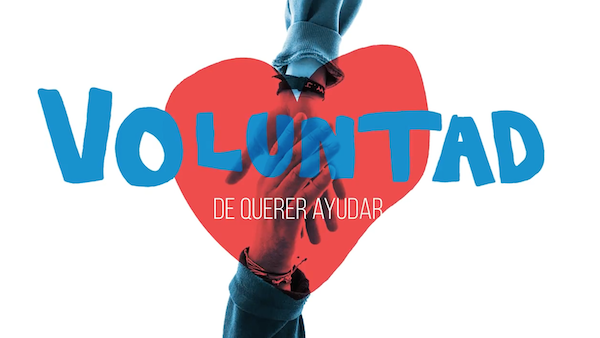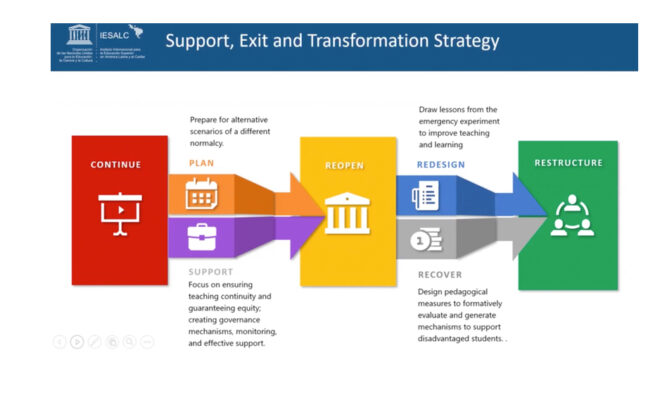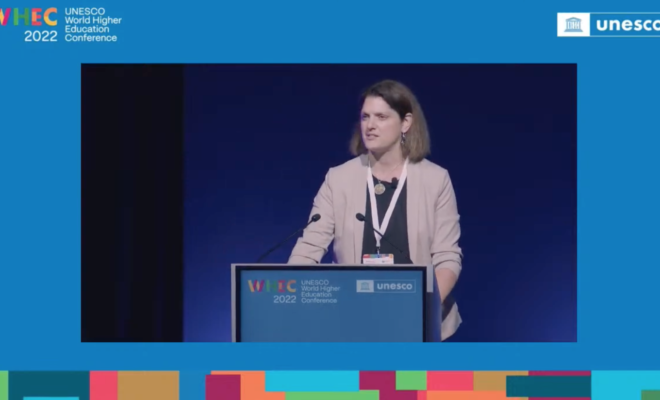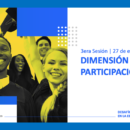Virtual Meeting “The Latin American University in a Post-Pandemic Process”
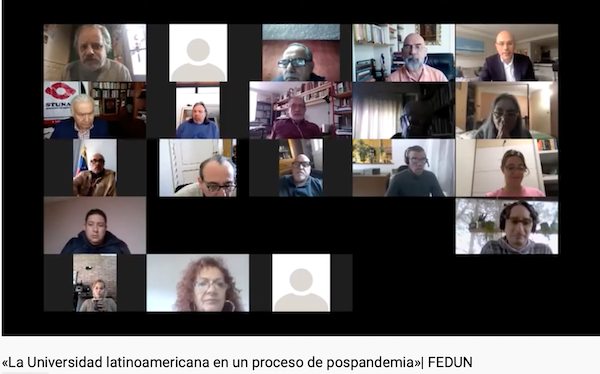
The International Institute for Higher Education in Latin America and the Caribbean (IESALC) participated in the webinar organized by the Federación de Sindicatos de Docentes Universitarios de América del Sur FESIDUAS (Federation of University Teachers’ Unions of South America), and the Federación de Sindicatos de Trabajadores Universitarios de Centroamérica, México y el Caribe FESITRAUCAMC (Federation of University Workers’ Unions of Central America, Mexico and the Caribbean), an event that brought together, in addition to IESALC, the Confederación de Educadores de las Américas CEA (Confederation of Educators of the Americas), and where the IESALC’s report “COVID-19 and Higher Education. Analysis of impacts, policy responses and recommendations” could be debated along with the almost one hundred union leaders.
The meeting was opened by Daniel Ricci, president of FESIDUAS and head of the Federación de Docentes de las Universidades FEDUN (Federation of University Teachers), who presented the main concerns of his university community, as well as the scope of the agreements with the Argentine government.
The Director of IESALC, Dr. Francesc Pedró, then took the floor and presented the six main “macro-trends” being experienced in the face of the COVID-19 global health crisis.
- The evolution of demand in “V”
- Reduction of fees
- University closure and consolidation
- Dismissal of teachers
- Proletarization of teaching
- Decrease in public spending on higher education
Each of these impacts cannot surprise those involved, since for States, in the face of a health emergency that does not yet have a closing date, most of the resources are needed to combat and protect health. Dr. Pedró urged all those involved in higher education institutions to promote agreements and presentations that provide sustainability to the social agenda and that can permeate politics with the importance of higher education.
The Director of IESALC highlighted how the pandemic has caused an economic impact on the students’ families, which has led many to decide to not return to the university, since they cannot afford not to contribute financially to their homes. Women have been particularly affected, as the demand for household responsibilities is steadily increasing, not allowing for attention to something other than family activities. These impacts must be visualized, and proposals for attention should be made, so that enrollment and class seats are not emptied.
“The estimated losses are 30%; it is possible that in some countries it will be less and in others it will be more, and the recovery of the next academic year will be close to 10%; everything will depend on the economic rhythm of the countries”, he said. Given these data, it is urgent to activate proposals so that the second “macro trend”, which is the reduction of fees, has a lesser impact on universities.
“Universities are part of the solution and that is why we must also be part of the plans to stimulate recovery, because we are part of the solution to this enormous drama that is facing us,” he said.
At UNESCO, one of our principles is to not leave any student behind. This means supporting students and teachers who are at risk, both pedagogically and socio-emotionally, said Pedró.
RELATED ITEMS
